Transforming Entertainment: Optimizing with Connected Home Solutions
in + 1/3 but → < > (∗/w/ (> 12/7: ( + >/ no: (5/2> her', no > in…….
Introduction
In the era of technological advancements, the concept of a smart home has transitioned from science fiction to everyday reality, offering an array of benefits that enhance convenience, energy efficiency, security, and overall lifestyle. This comprehensive article delves into the multifaceted world of “Smart Home Upgrades for Modern Living,” examining its significance, global impact, economic considerations, technological advancements, policy implications, challenges, case studies, and future prospects. By the end of this exploration, readers will have a clear understanding of how these upgrades are revolutionizing modern living spaces.
Understanding Smart Home Upgrades for Modern Living
Smart home upgrades encompass a range of technologies and devices that can be integrated into traditional homes to create an intelligent ecosystem. This integration typically includes internet-connected devices and appliances that can be remotely managed via a smartphone or a computer, often through a single app or platform. The core components of a smart home system include:
These components work in tandem to create a living space that is not only more responsive to the needs of its occupants but also more secure and sustainable. The historical context of smart homes begins with the advent of programmable logic controllers in the 1970s, which paved the way for home automation as we know it today.
Global Impact and Trends
The impact of “Smart Home Upgrades for Modern Living” is a global phenomenon, with different regions adopting these technologies at varying paces due to factors such as infrastructure, economic status, and cultural preferences. For instance:
Key trends shaping the trajectory of smart homes include:
Economic Considerations
The economic landscape of “Smart Home Upgrades for Modern Living” is multifaceted, influenced by market dynamics, investment patterns, and broader economic systems. The market has seen significant growth, with estimates projecting the global smart home market to reach tens of billions of US dollars in the coming years. Key considerations include:
Smart home upgrades also play a crucial role in the broader context of smart cities and IoT (Internet of Things) ecosystems, contributing to economic growth through job creation, innovation, and infrastructure development.
Technological Advancements
The technological landscape of smart homes has evolved rapidly, with advancements in various domains contributing to the current ecosystem. Significant technological strides include:
Looking to the future, we can anticipate advancements in AI and machine learning to become more sophisticated, predictive maintenance to become more proactive, and integration with healthcare and wellness applications to enhance the quality of life.
Policy and Regulation
The policy and regulatory framework for “Smart Home Upgrades for Modern Living” is complex and varies by jurisdiction. Key considerations include:
These policies play a significant role in shaping the deployment and evolution of smart homes, influencing both consumer behavior and market developments.
Challenges and Opportunities
Despite the rapid growth of smart homes, there are challenges that need to be addressed, including:
Opportunities abound for companies that can innovate in areas such as cybersecurity, user experience design, and energy management. Additionally, there is a significant opportunity to tailor smart home solutions to the needs of different cultures and climates around the world.
Conclusion
“Smart Home Upgrades for Modern Living” represent a transformative shift in how we interact with our living spaces. The convergence of technology, design, and policy is creating a new paradigm for comfort, security, and sustainability. As the ecosystem continues to evolve, it will be important for stakeholders—consumers, manufacturers, policymakers, and service providers—to navigate the challenges and seize the opportunities presented by this burgeoning sector. With thoughtful consideration of ethical, economic, and environmental factors, smart homes can lead us toward a more intelligent, connected, and sustainable future.
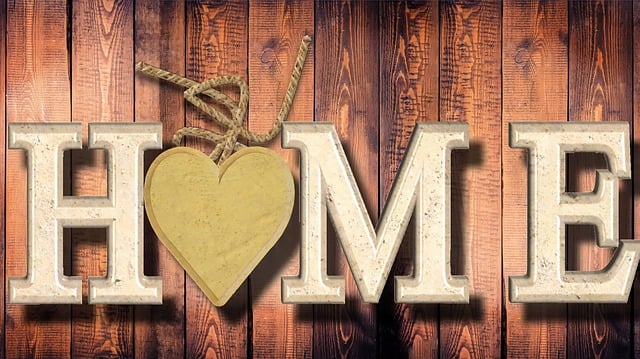
Smart security systems are revolutionizing sustainable living by significantly reducing energy consu…….
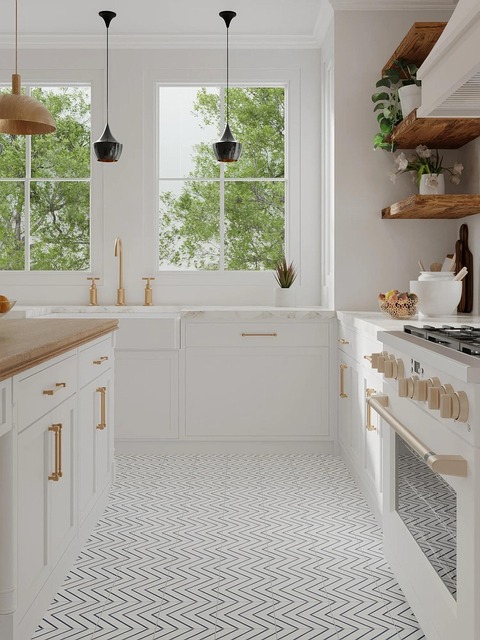
The kitchen is undergoing a technological revolution with the adoption of energy-efficient smart dev…….
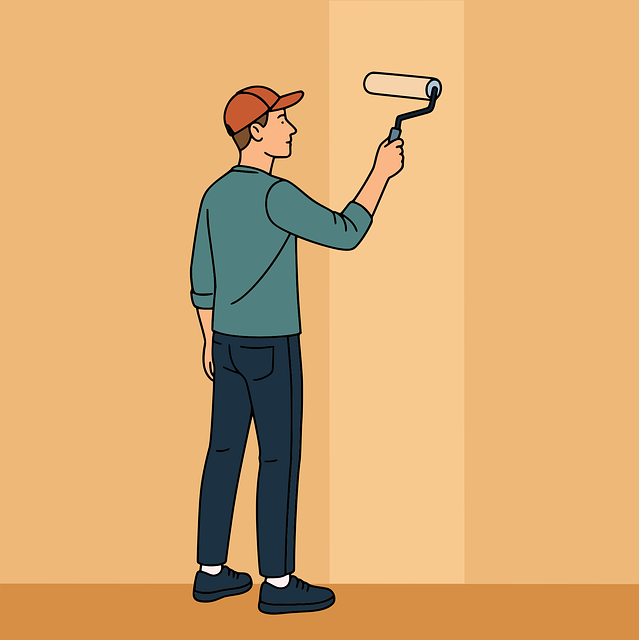
Smart home automation, powered by connected home solutions, is reshaping daily life with remote cont…….

Advanced smart lighting systems are revolutionizing kitchens, offering personalized, energy-efficien…….

Smart home upgrades prioritize privacy and security through advanced encryption (HTTPS, TLS) and sur…….
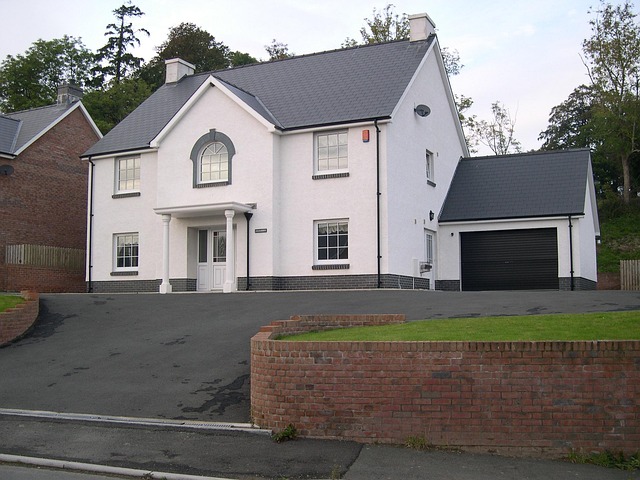
Integrating modern smart home technology into your home office creates a highly efficient, ergonomic…….

Home automation, powered by smart technology, connects internet-enabled devices like lighting, therm…….
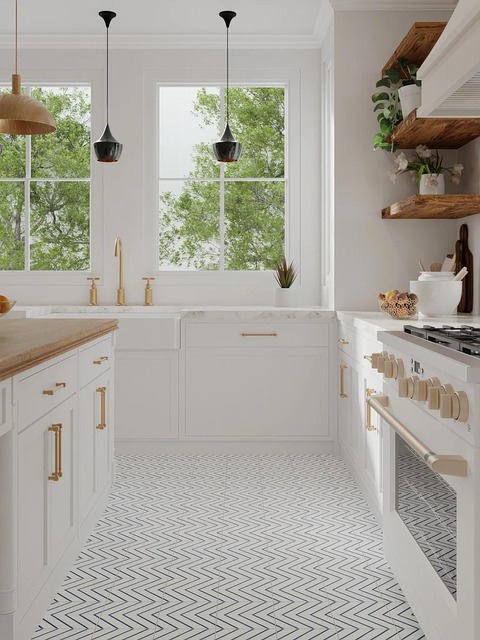
Voice-controlled devices have transformed home automation, offering unprecedented convenience throug…….

Before installing smart home technology, understand your needs and envision how devices will integra…….